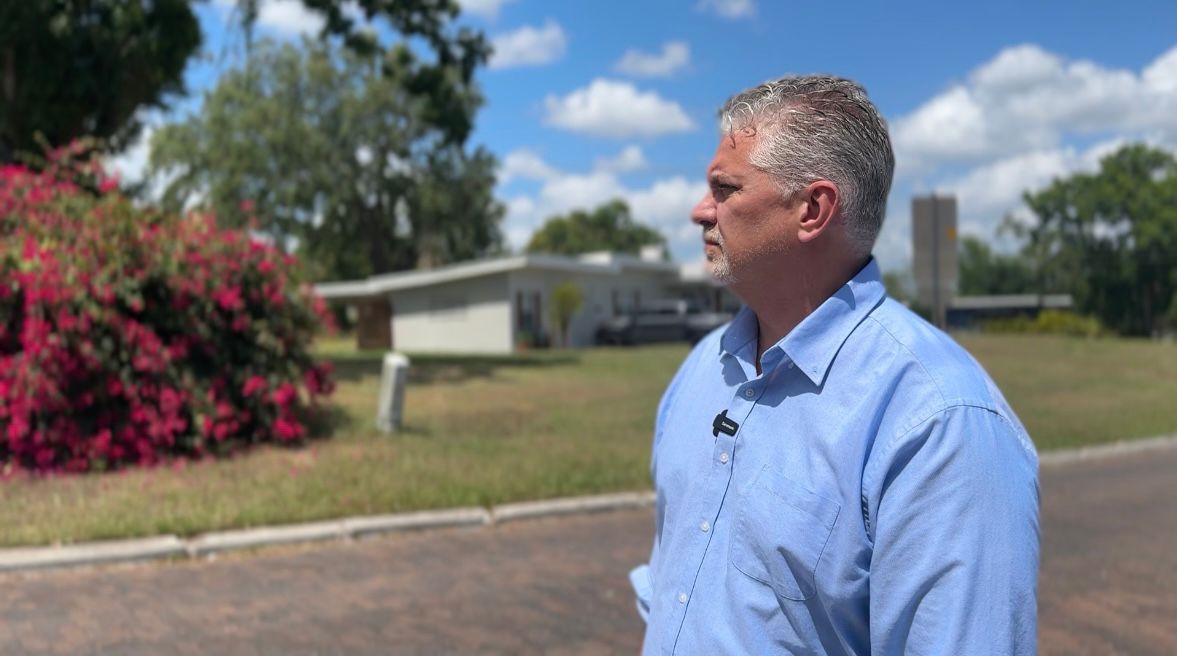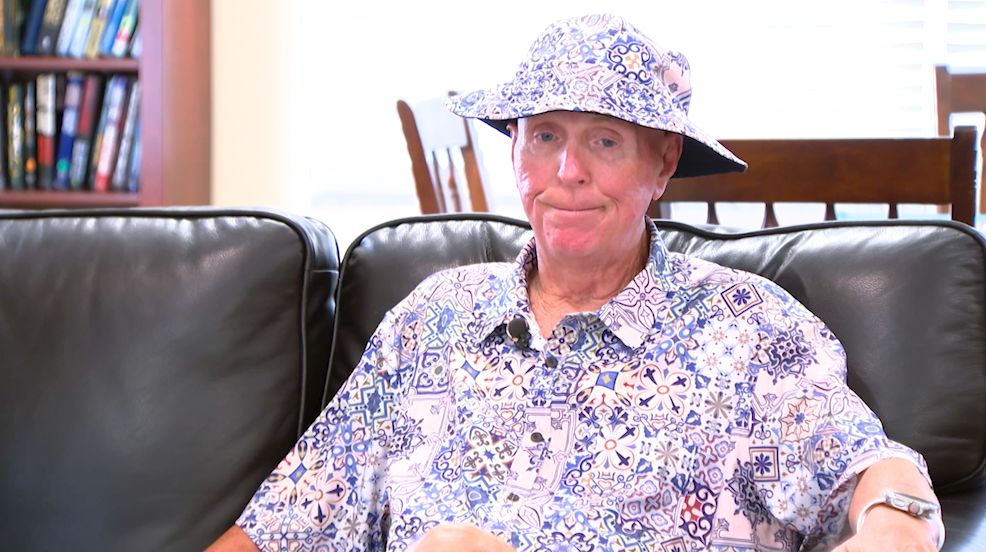TAMPA, Fla. — It's called vibrio vulnificus. It's a rare flesh-eating bacteria, and it's responsible for the deaths of five people in Tampa Bay.
According to the Florida Dept. of Health, vibrio vulnificus lives in warm seawater. Two people in Hillsborough County, and one each in Pasco, Polk, and Sarasota counties died after being infected.
Health experts said the bacterium grows more rapidly during the summer months.
If it comes into contact with an open wound, it can kill the flesh surrounding the wound and cause ulcers.
A few people at Ben T. Davis Beach on Monday told Spectrum Bay News 9 they heard about this bacteria and the cases in the region. While they said it was concerning, they didn't plan to avoid the water.
"Most people are not going to get a vibrio vulnificus infection," said Dr. Sandra Gompf, a professor of medicine with USF Health's Division of Infectious Disease and International Medicine.
Gompf said about 200 cases a year are reported in the U.S. Those most at risk are people with immune disorders or other health issues, like chronic liver and kidney disease.
"The problem with vibrio infections is that it can cause a very rapidly progressive infection, usually of the skin," Gompf said.
Gompf said if it's not treated early, it can lead to severe tissue and organ damage and septic shock. She said one in five cases is fatal, but if caught early, infections are treatable with antibiotics.
"Where we're seeing, of course, these record-breaking temperatures make us concerned, and we need to be aware, clinicians, that that's a possibility," Gompf said.
Symptoms include fever, chills, and stomach illness after exposure to brackish water or eating raw seafood like oysters.
Gompf suggests washing off with soap and water after swimming in brackish water or handling fish caught in those waters. The health department also suggests avoiding saltwater or brackish water if you have broken skin.









